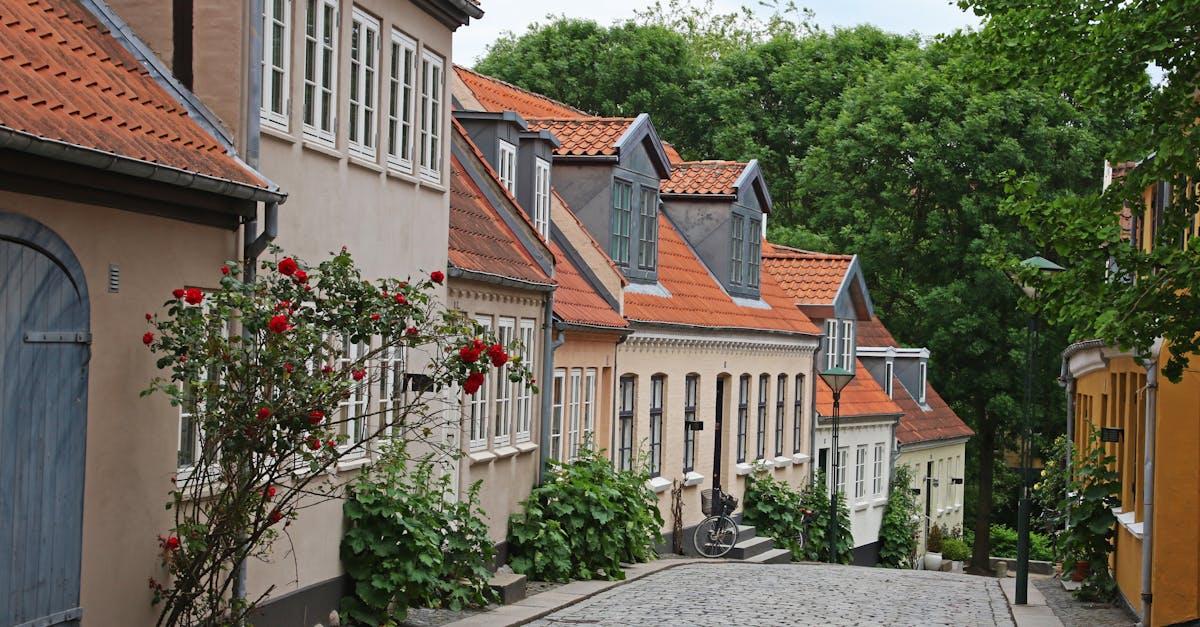Denmark, the land of Hans Christian Andersen and LEGO, is often celebrated for its stunning landscapes, efficient welfare system, and enviable work-life balance. Yet, what truly sets this Nordic nation apart is its unique culture—a blend of deep-rooted traditions and modern sensibilities. For foreigners, understanding Danish culture can be both intriguing and rewarding, offering insights into why Denmark consistently ranks as one of the happiest countries in the world. This article delves into the key aspects of Danish culture and what visitors or new residents can expect.
For a guide on how to adjust to the Danish culture, check out this guide on culture shock by The Danish Dream.
The Art of Hygge: Embracing Cozy Comfort
One cannot talk about Danish culture without mentioning hygge(pronounced “hoo-gah”). This concept, often translated as “cozy togetherness,” is at the heart of Danish life. Whether it’s gathering with friends over candlelit dinners, enjoying a quiet evening with a good book, or savoring a cup of coffee on a chilly day, hygge is about finding joy in simple, everyday moments. For foreigners, embracing hygge means learning to slow down and prioritize comfort, warmth, and connection.
Work-Life Balance: Prioritizing Quality of Life
Danes are known for their dedication to work-life balance. The typical workweek is shorter than in many other countries, with a strong emphasis on spending time with family and pursuing personal interests. Flexibility in the workplace and generous parental leave policies reflect the Danish belief that a happy employee is a productive one. Foreigners may initially be surprised by the early office closures and the importance placed on leisure, but they soon learn to appreciate the value of a balanced lifestyle.
Social Equality and the Jante Law
Denmark prides itself on being an egalitarian society, where modesty and humility are highly valued. This is encapsulated in the Jante Law, an unwritten code that discourages excessive pride or boasting. While this mindset fosters a sense of community and equality, it can sometimes feel restrictive to newcomers who come from cultures that celebrate individual achievements. Understanding and respecting this cultural nuance is key to integrating smoothly into Danish society.
The Danish Dining Experience: More Than Just Smørrebrød
Danish cuisine is a delightful mix of tradition and innovation. While classics like smørrebrød (open-faced sandwiches) and frikadeller (meatballs) are staples, Denmark is also home to a thriving New Nordic cuisine movement, led by world-renowned restaurants like Noma. Dining in Denmark is often a communal affair, emphasizing fresh, local ingredients and seasonal flavors. For foreigners, sharing meals and exploring Danish culinary traditions is an excellent way to bond with locals and experience the culture firsthand.
Sustainability and Cycling: A Way of Life
Sustainability is more than a trend in Denmark; it’s a way of life. From wind turbines dotting the landscape to widespread recycling programs, environmental consciousness permeates every aspect of Danish culture. Bicycles are a symbol of this ethos, serving as the primary mode of transport for many. For foreigners, navigating the well-maintained bike lanes of Copenhagen or exploring the countryside on two wheels can be both practical and enjoyable.
Danish culture is a rich tapestry woven from centuries of tradition and a forward-thinking mindset. For foreigners, immersing themselves in this unique way of life offers a chance to experience the joys of hygge, appreciate the value of equality, and embrace a more sustainable and balanced lifestyle. By understanding and respecting these cultural elements, newcomers can truly feel at home in Denmark, a country that thrives on harmony, community, and an enduring zest for life.









